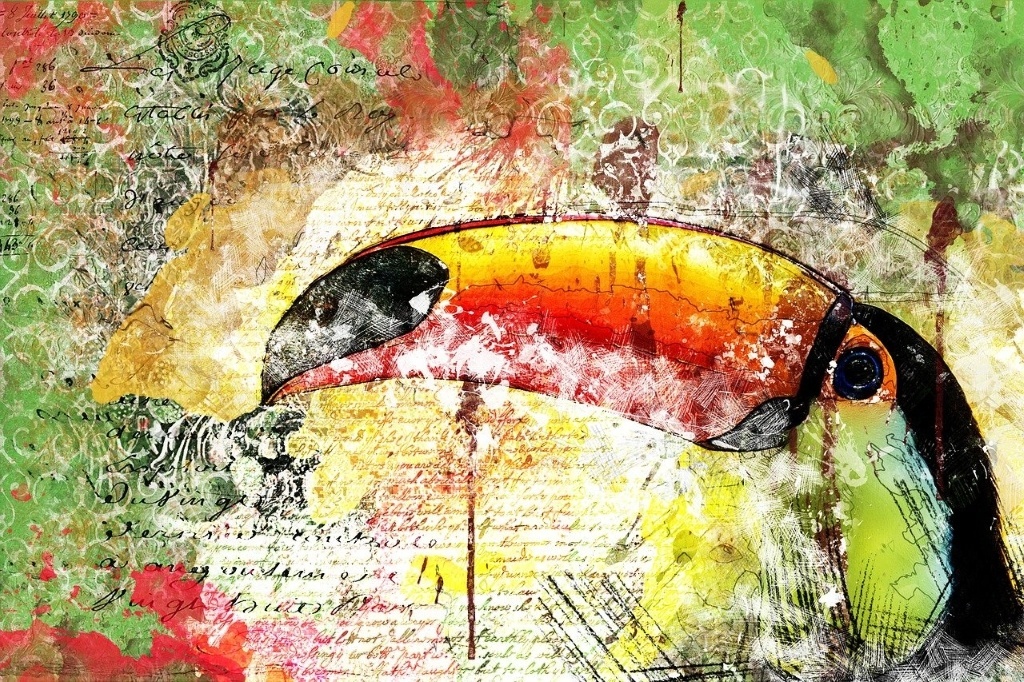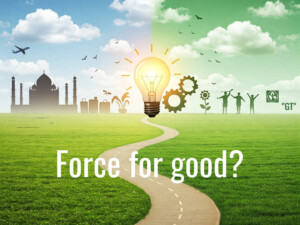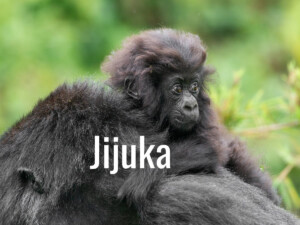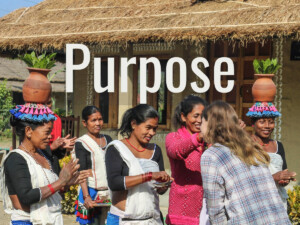Travel & tourism’s social impact and how to build back better for animals

As the “build back better” buzz continues, social impact and communications specialist Helen Usher wants travel & tourism stakeholders to factor animal welfare into their plans. In this “Good Tourism” Insight Ms Usher suggests how we might do just that.
This is a time of unprecedented global crisis for the tourism sector; a time we switch to survival mode, to save our jobs, and our industry.
So why do animals matter so much right now?
According to Business for Nature, more than half of the world’s GDP is reliant upon nature, and, through unsustainable supply chains, we are drawing away more than can be replenished. It is this over-exploitation of our natural resources that has led to previous pandemics, where the protective barrier of nature has been crossed. The current coronavirus pandemic is our latest wake up call.
Against the backdrop of the current climate, let’s look at what travel businesses can do right now to surge forth, demonstrate positive social impact, and become a force for good as part of our resurgence strategy.
What is social impact?
Social impact is defined as a ‘significant, positive change that addresses a pressing social challenge’. In the words of Simon Sinek, British-American author and social impact expert: “People don’t buy what you do, they buy why you do it.”
How does social impact relate to travel & tourism?
Sinek’s quote is true of all industries, but right now, with our sector perhaps the most hit from the current pandemic, and with consumer trust in travel lower than ever before, there is no more urgent time to build back trust in travel! One proven way to achieve this is to demonstrate positive and tangible actions to show you are a brand that cares.
How do animals relate to travel & tourism?
Animal and nature protection is a huge topic of importance within tourism:
- 60% of global holiday experiences involve wildlife (95% in Asia Pacific) (ComRes survey 2017)
- 90% of holidaymakers believe that tour operators should take animal welfare seriously (Thomas Cook 2019)
With the current pandemic shining a blinding light on the need to rethink our relationship with nature, it’s not hard to see why we must take greater responsibility, right now.
What can travel & tourism do to build back better for animals?
So, what steps can travel businesses take to take stock, hit reset, and set new intentions for animal protection when lockdowns ease and travel resumes?
- Review and revitalise your current social impact business commitments and ensure that animal protection forms a key part of it. Ensure alignment with the ABTA Global Guidance on animals in tourism and the United Nations Sustainable Development Goals to help define your unique objectives.
- Ensure your new commitment is backed up with a clear strategy and set actions that demonstrate your commitment throughout all functions of your business, from product selection to external communications and supplier choice.
- Work with others that share your purpose! Collaborate with other travel businesses to find solutions to some of the biggest, long-standing issues for animals and nature in tourism.
- Work with NGOs to deliver meaningful change. This can be as simple as signing a pledge, donating skills or funds to help them deliver their work, or including projects within holiday portfolios.
- Shout about your great work! Educate and inspire customers, suppliers, colleagues! Build your brand as one that cares for the planet!
And importantly, use your influence to inspire others to follow your lead.
What do you think? Share a short anecdote or comment below. Or write a deeper “GT” Insight. The “Good Tourism” Blog welcomes diversity of opinion and perspective about travel & tourism because travel & tourism is everyone’s business.
Featured image (top of post): You too can plan for toucans. Oh, yes you can! By ractapopulous (CC0) via Pixabay.
About the author

Helen Usher is a co-founder and director of Animondial, a responsible tourism consultancy focused on animal protection. A social impact and communications specialist skilled in marketing, PR, fundraising, and strategic partnerships, Helen holds a postgraduate degree with honours from the Institute of Direct and Digital Marketing. Helen has driven award-winning global strategic partnerships and CSR initiatives, and worked with a range of clients within the corporate and NGO sectors. These have included Jaguar Land Rover, Allianz, Born Free Foundation, Mind UK, WWF, Marie Curie, Etihad Airways, Four Paws International, Kuoni, and more.





